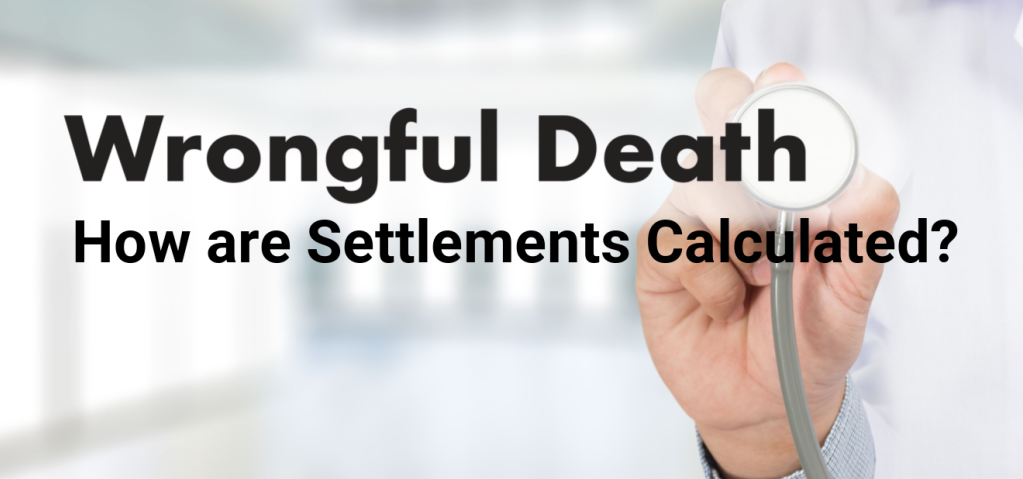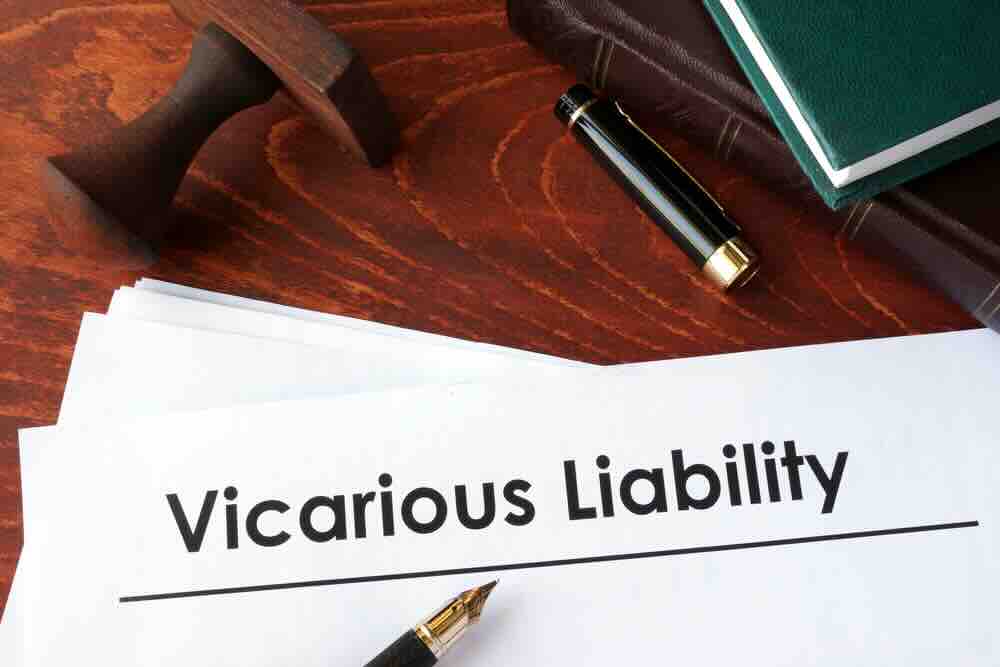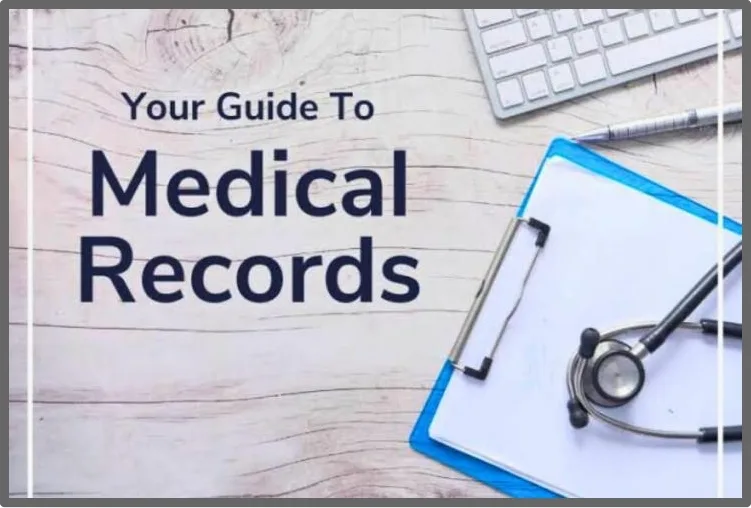When someone dies because of someone else’s actions, the family may be able to get money to help with their loss. This money is called a wrongful death settlement. Houston wrongful death attorney Greg Baumgartner explains how wrongful death settlements are calculated:
Important Points
- Wrongful death settlements are determined based on economic, non-economic, and punitive damages. They consider factors such as loss of income and the emotional impact on surviving dependents, and there is no standard formula for calculation.
- Several factors influence the compensation amount in wrongful death cases, including liability factors, the deceased’s age, earning history, lost parental guidance, loss of companionship, and the defendant’s financial resources or insurance coverage.
- Wrongful death settlements are distributed among immediate family members, such as spouses, children, or parents, based on the closeness of the relationship. The deceased’s contributory negligence can reduce the settlement amount. If the deceased did not die immediately, the estate would have a claim for the decedent’s personal injury damages before death *a survival claim.
Contact the Experienced Wrongful Death Attorneys at Baumgartner Law Firm
Read More: What is the Difference Between a Wrongful Death Claim and a Survival Action?
Understanding Wrongful Death Settlements
Dealing with a wrongful death lawsuit can be tough and confusing. One of the hardest parts is figuring out how the settlements are calculated. These settlements mainly include three parts: economic damages, non-economic damages, and sometimes punitive damages. There is no set formula for calculating these settlements in Texas since each case is unique and depends on different factors.
The value of a wrongful death settlement considers factors like lost income, pain and suffering, the age of surviving family members, and the deceased’s role in supporting their family. Under Texas law, surviving family members can claim compensation for economic damages, which cover financial costs, and non-economic damages, which account for the emotional and physical impact experienced.
In our Houston wrongful death attorney’s experience, the biggest factors in a settlement are the responsibility for the death, available insurance coverage, and the mental damages of the surviving family members.
Economic Wrongful Death Damages in Texas
Economic Damages in a wrongful death case refer to the financial losses from the incident. These damages encompass different categories, such as:
- The medical expenses incurred by the victim before their death
- Funeral and burial expenses
- Wages lost during any hospital stay
- Estimating the potential lifetime earnings of the deceased and what would have been contributed to the support of the family
- Loss of inheritance.
Calculations for economic damages also consider the following:
- The medical expenses incurred by the victim before their death
- Funeral and burial expenses
- Wages lost during any hospital stay
- Estimating the potential lifetime earnings of the deceased and what would have been contributed to the support of the family
Determining fair compensation involves assessing all of these factors and is essential for a comprehensive evaluation.
Non-Economic Damages Assessment
While economic damages cover tangible financial losses, non-economic damages compensate for non-financial losses such as pain and suffering, loss of companionship, and emotional distress. These damages reflect the intangible losses that are not easily quantified but significantly impact the lives of the surviving loved ones.
At Baumgartner Law Firm, we believe the emotional damages are the largest part of most Houston wrongful death lawsuits.
These intangible losses can include:
- Pecuniary loss means the loss of care, maintenance, support, services, advice, counsel, and reasonable contributions of a pecuniary value.
- Loss of companionship and society.
- Loss of consortium
- Mental anguish
When a child loses a parent due to wrongful death, the loss of parental training and guidance is recognized as non-economic damage.
The Role of Punitive Damages
Punitive damages serve a unique role in wrongful death cases. Unlike economic and non-economic damages, which aim to compensate the victim’s family, punitive damages are designed as a form of punishment for the at-fault party to deter similar conduct.
These damages are not awarded in every case. They are typically reserved for instances where the conduct that caused the death was particularly egregious, such as actions that manifest extreme recklessness or intentional harm. A good example of reckless conduct where punitive damages may be appropriate is getting hit by a drunk driver.
Factors Influencing Wrongful Death Compensation

Several factors can influence the compensation awarded in a wrongful death case. These factors encompass:
- The age of the deceased
- Their previous earnings
- The impact of lost parental guidance
- Loss of companionship
- Proof of a close relationship with a family member
- The defendant’s financial resources or insurance coverage
For instance, a younger individual’s death may result in a higher settlement due to the anticipated longer working life and potential future earnings lost. The deceased’s previous earnings significantly influence wrongful death compensation by considering the loss of potential income to the family.
Likewise, the closeness of the relationship is a big damage factor in most cases. If a parent of an adult child had not seen or talked with the child in a long time, the damage calculation would be much less than if the parent was in close contact with their child.
Moreover, the defendant’s financial resources, such as insurance coverage limits, significantly determine the feasible settlement amount in wrongful death cases. While many of the wrongful death cases we handle at Baumgartner Law Firm settle for millions of dollars, if there is not enough insurance to cover the damages, the settlement may be handicapped.
Understanding Who Receives the Death Settlements
The distribution of wrongful death settlements is a critical part of the process. In Texas, settlements are distributed only to the beneficiaries—the surviving spouse, children, or parents.
Other relatives are not entitled to wrongful death damages in Texas and do not extend to other family members such as:
- siblings
- aunts
- uncles
- grandparents
- others
The distribution of the settlement depends on the deceased’s family situation. Here is how the settlement is awarded:
- If the deceased person was married but had no children or surviving parents, the entire wrongful death settlement is awarded to the surviving spouse.
- In cases where the deceased had children but no spouse or living parents, the wrongful death settlement is awarded to the children. A jury can determine the award amount to each child, or the family can agree to a distribution in a settlement.
- If surviving parents exist, the parents would have a claim.
- Often, the family members will agree on a distribution. If not, a judge or jury can decide the value of each family member’s loss.
Read More: Texas Wrongful Death Beneficiaries
The Impact of Contributory Negligence on Wrongful Death Settlements
Contributory negligence is a legal concept that can significantly impact wrongful death settlements. This concept refers to situations where the deceased had some degree of responsibility in the incident leading to their death. Texas uses a comparative fault system to determine compensation after accidents.
Contributory negligence or partial fault on the part of the deceased who contributed to the incident could reduce the settlement amount received in a wrongful death case. Contributory negligence is an important factor, as it can significantly affect the compensation awarded to the surviving family members.
The Legal Process: From Claim to Compensation
The legal process for a wrongful death claim can be complex and lengthy. It typically begins with hiring a knowledgeable lawyer who will investigate the circumstances surrounding the death to establish facts and identify liable parties in a wrongful death action.
The lawyer’s role extends beyond just filing the claim. They are also responsible for:
- Proving negligent actions
- Calculating and recovering compensation
- Negotiating settlements
- Preparing strong legal strategies
If settlement negotiations do not yield a fair settlement, the case may go to trial, where a judge or jury will issue a verdict and determine the compensation awarded.
Wrongful Death Settlements and Tax Implications
Their tax implications are often overlooked when considering wrongful death settlements. Most wrongful death settlement payments are non-taxable if they are compensatory for the losses of the surviving family members.
Taxable portions of a wrongful death settlement may include the interest portion and punitive damages. Consult a tax attorney with specific questions.
Payment Methods for Wrongful Death Settlements
Wrongful death settlements can be paid out in two ways: as a lump sum or a structured settlement. Each option has advantages and disadvantages, and the choice largely depends on the recipients’ financial circumstances and needs.
Structured settlements offer a stream of income over a period, which may also carry tax benefits for the recipients. On the other hand, lump sum payments may be more suitable when there are immediate expenses, such as outstanding medical bills or other costs related to the wrongful death.
Regardless of the payment modality, insurance companies usually issue wrongful death settlements in the form of checks sent to the claimant or their attorney. An experienced wrongful death attorney is crucial in determining the most advantageous settlement type and overseeing the transaction process.
When to Engage an Experienced Wrongful Death Lawyer
Engaging wrongful death lawyers, especially an experienced wrongful death lawyer, is crucial for navigating the complex terrain of wrongful death lawsuits. It is advisable to engage a lawyer immediately in cases of sudden deaths, such as car accidents or other fatal accidents, to ensure evidence is preserved and rights are protected from the outset.
Their engagement in pursuing justice and fair compensation is an invaluable asset from the initial consultation to the case resolution.
Contact an Expert Wrongful Death Lawyer in Houston, TX, for Help
Understanding wrongful death settlements can be overwhelming due to their complexity and the emotional toll they take on the surviving family members. However, one can navigate this process effectively with the right knowledge and the help of an experienced wrongful death lawyer. Baumgartner Law Firm has helped families after the loss of a loved one since 1985 and won millions for them.
Contact the top-rated Houston personal injury lawyer at Baumgartner Law Firm for a free consultation by calling (281) 587-1111.
6711 Cypress Creek Pkwy, Houston, TX, 77069
Frequently Asked Questions About Wrongful Death Settlements
What are the main components in determining damages for wrongful death cases?
The main components in determining damages for wrongful death cases are economic, non-economic, and, in some cases, punitive damages. Each category compensates for different aspects of the loss. Mental damages usually account for the largest part of the damages.
Who are the typical recipients of wrongful death settlements?
Wrongful death settlements are typically distributed to the surviving spouse, children, or parents. It is important to consult with a legal professional for specific advice.
What is contributory negligence, and how does it impact wrongful death settlements?
Contributory negligence refers to the deceased having some responsibility for the incident leading to their death, which can reduce the settlement amount. It’s important to consider this factor in wrongful death cases.
What are the tax implications of wrongful death settlements?
Wrongful death settlement payments are generally non-taxable. However, exceptions include the interest portion of punitive damages.
When should one engage an experienced wrongful death lawyer?
You should engage an experienced wrongful death lawyer immediately in cases of sudden death to preserve evidence and protect your rights.
Related Resources:













